Suman Bery
Suman Bery was most recently Shell’s Chief Economist, based in The Hague, The Netherlands. He is currently a Nonresident Fellow of the Brussels think-tank Bruegel, as well as a Senior Fellow of the Mastercard Center for Inclusive Growth. He is based in New Delhi. Suman is currently on leave for public service, as Vice Chair of NITI Aayog.
Suman had earlier served as Director-General (Chief Executive) of the National Council of Applied Economic Research (NCAER), New Delhi. NCAER is one of India's leading independent non-profit policy research institutions. At various times Suman was a member of the Prime Minister’s Economic Advisory Council, of India’s Statistical Commision and of the Reserve Bank of India’s Technical Advisory Committee on Monetary Policy.
Prior to NCAER, Mr. Bery was with the World Bank in Washington DC with a particular focus on Latin America and the Caribbean. At the time of India’s economic reforms (1992-1994), on leave from the World Bank, Mr. Bery worked as Special Consultant to the Reserve Bank of India, Bombay. His professional writing includes contributions on the political economy of reform, financial sector and banking reform and energy trends and policy. He has been a monthly columnist for the Indian business newspaper Business Standard for more than a decade.
Disclaimer of external interests
Featured work
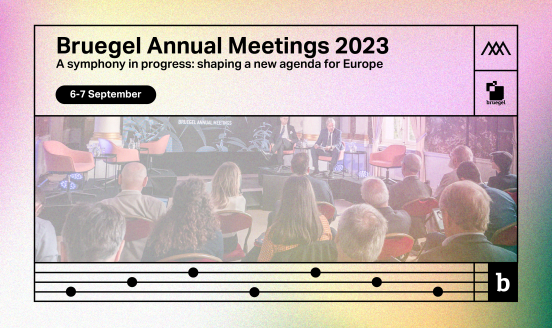
Bruegel Annual Meetings, 6-7 September 2023
A symphony in progress: shaping a new agenda for Europe
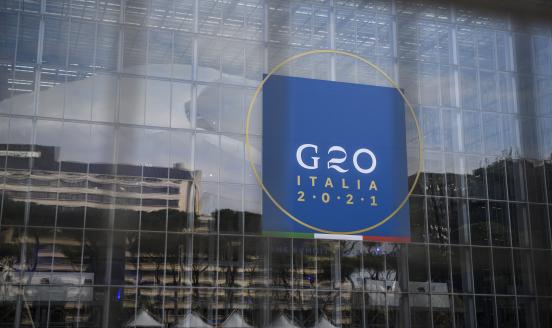
Strong, balanced, sustainable and inclusive growth? The G20 and the pandemic
The G20 is not doing enough to support strong, balanced, sustainable and inclusive growth in the wake of COVID-19, with the poorest countries left beh
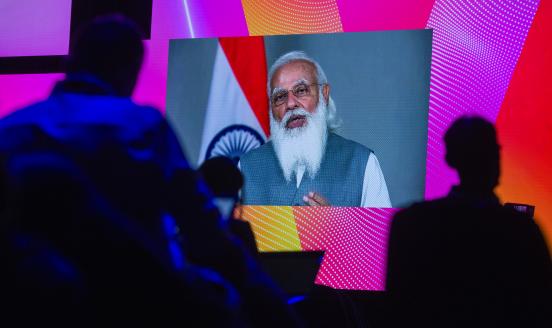
EU-India trade relations: assessment and perspectives
In-depth analysis prepared for the European Parliament's Committee on International Trade (INTA).
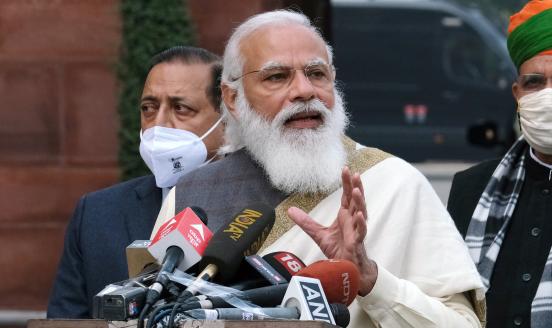
Will Modi’s push for economic self-reliance succeed?
In its recovery, India will wish to consolidate market access for its export of services to rich countries and make the country’s growing market most
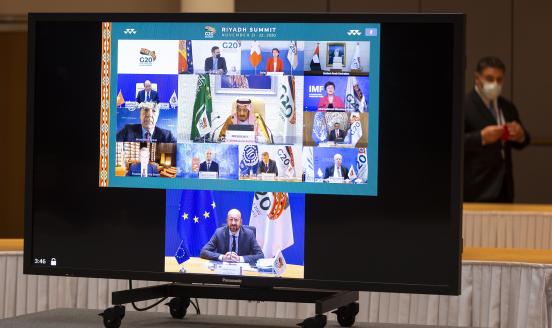
How is the G20 tackling debt problems of the poorest countries?
The G20 Debt Service Suspension Initiative, although a partial success, has been dogged by competing interests and lack of coordination. A further pus

Carbon Border Adjustment Mechanism: Greening the EU trade?
Assessing CBAM from a trade perspective.
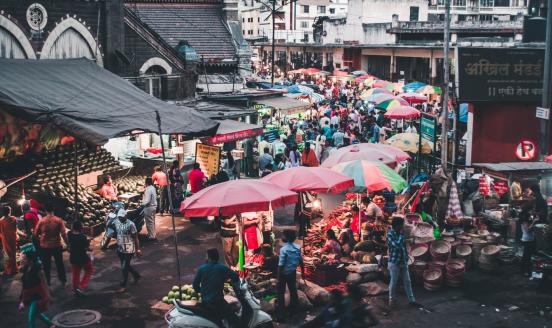
Europe and India: Comparing Approaches to Global Economic Challenges
Stakeholders from government, private sector, media and academia/institutions come together to review India-EU relations.
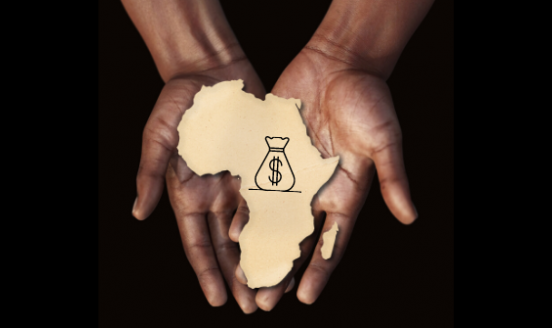
Debt relief for Sub-Saharan Africa: what now?
When G20 finance heads meet on 18 July, Europe will again need to lead on the group’s flagship COVID-19 initiative to postpone low-income countries’ d
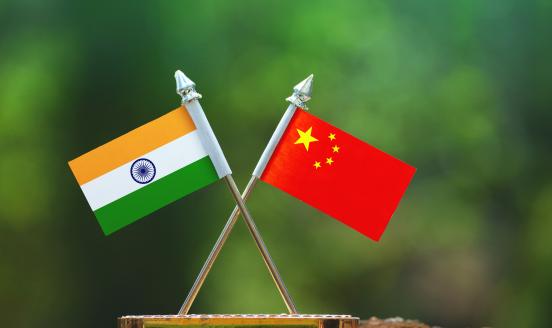
Toward a smart Indian response to China
Rather than risking its soldiers' lives on the border, India should join 'middle power' economic coalitions to address China's behavior.

COVID-19 and India: economic impact and response
This piece was published the day before India imposed one of the world's strictest lockdowns in its response to the COVID-19 response. It remains rele
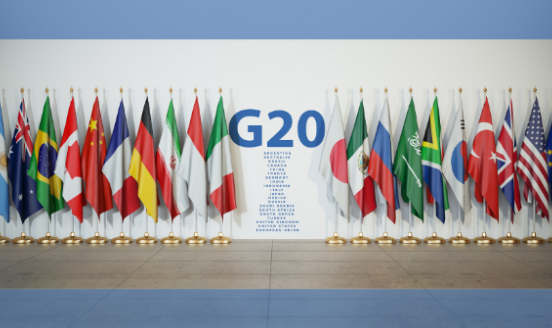
The revived centrality of the G20
Much was expected from the meeting of G20 Finance officials earlier this month. In the event the meeting decided on a standstill of the poorest countr
CANCELLED: India-EU Partnership: New Vistas for the Next Decade
Policymakers, academics and private sector actors from the EU and India come together to work on common issues and explore further areas of cooperatio
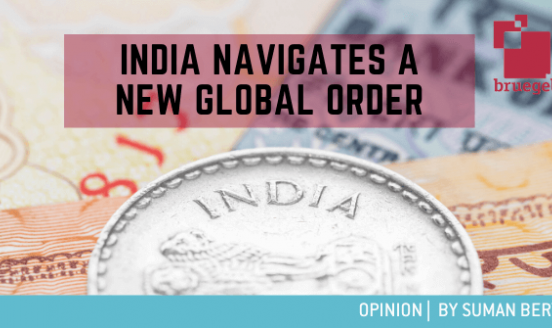
India navigates a new global order
India’s economic diplomacy must seek to strengthen a reformed and inclusive multilateralism.
EU-Asia trade and investment connectivity
The Asia Europe Economic Forum (AEEF) was established in 2006 as a high level forum for in-depth research-based exchanges on global issues between Asi

Elections, institutions and statecraft: A tumultuous year for Modi in India
With the turn of the year, India has firmly entered election mode. Recent regional elections have begun to shift the political landscape, while tensio
The world deserves a more effective G20
As the presidency shifts from Argentina to Japan at Buenos Aires (and then to Saudi Arabia) it is worth asking why the G20 has endured this long and w

The G20 turns ten: what’s past is prologue
This Policy Contribution assesses the performance of the G20 since its first summit held in November 2008 to understand what could lie ahead for the i
Long-term growth potential, or dead in the long run?
By linking growth with both employment and the imperative for India to hold its own with China for strategic autonomy, Prime Minister Modi has brought
14th Asia Europe Economic Forum (AEEF)
The 14th Asia Europe Economic Forum will be held in Seoul on 20-21 September 2017.
Engagement in a time of turbulence
The arrival of China as an increasingly significant setter of global standards may be uncomfortable for India but is near-inevitable and needs to be p
Demonetisation: India’s stress test
What were the reasons for the Indian government's sudden decision to remove 86% of hard currency from circulation? Will Modi's monetary intervention a
India’s economic journey: why should Europe care?
Which political and economic policy domains link India and Europe? Which key issues, challenges and debates are engaging the Modi government half-way
13th Asia Europe Economic Forum (AEEF)
This edition of the of the Asia-Europe Economic Forum is entitled: “Riding the new waves: Asian and European Economic Perspectives” and will be held i